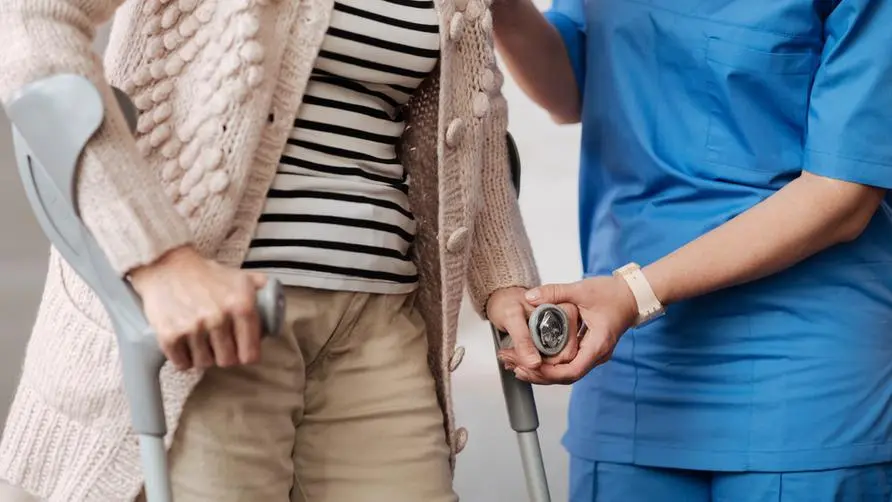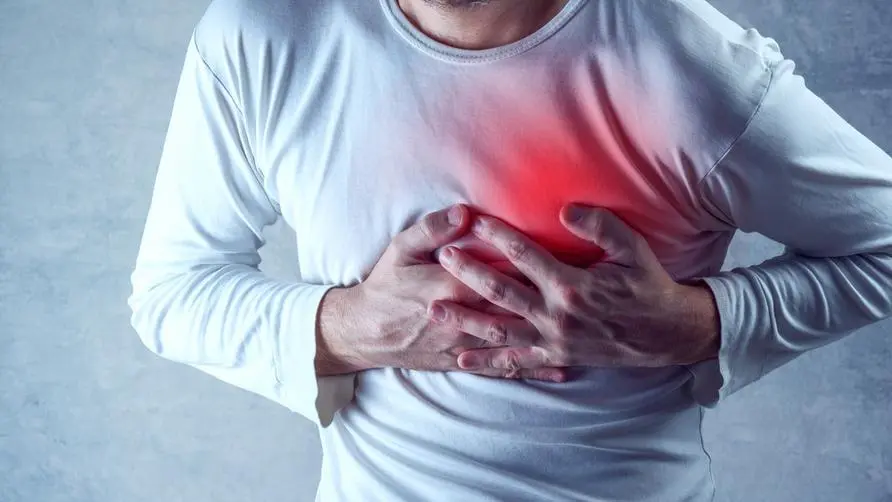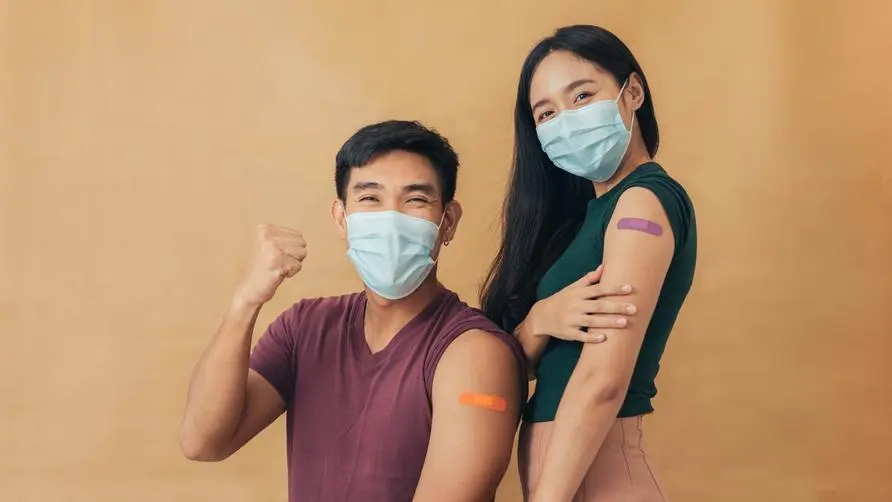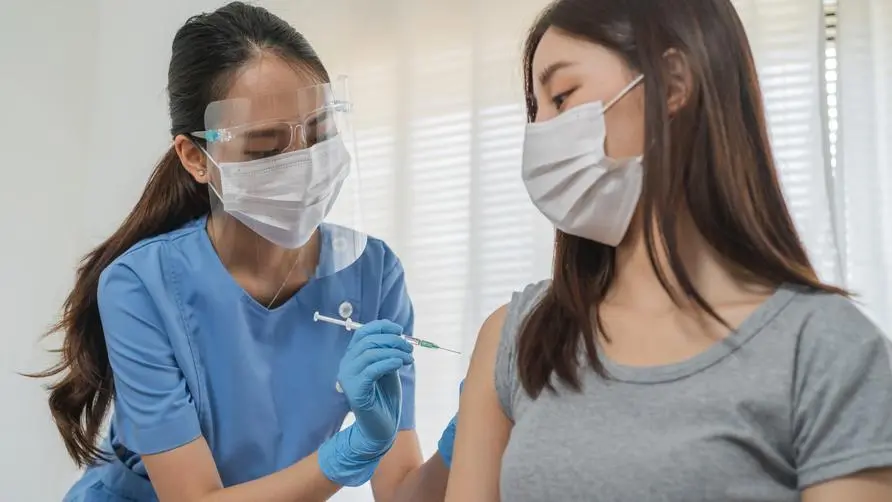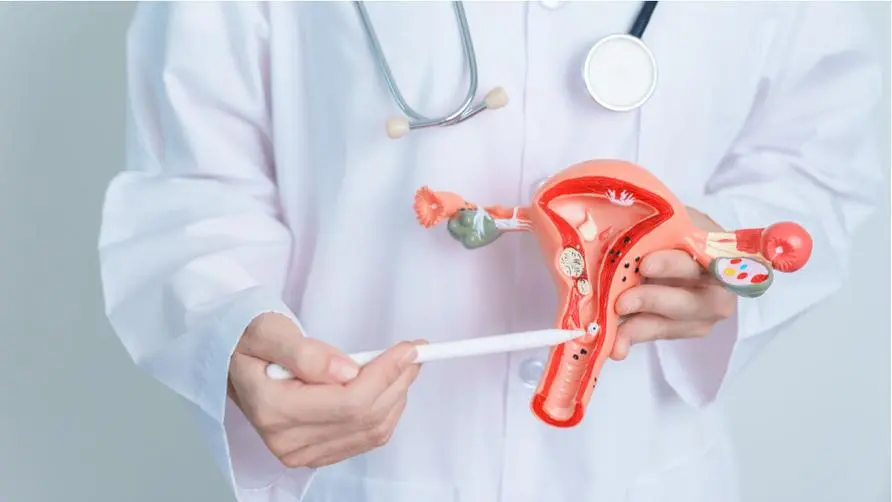Preventing HPV can prevent 99% of cervical cancer! Doctors urge: After getting the COVID-19 vaccine, you should also get the HPV vaccine
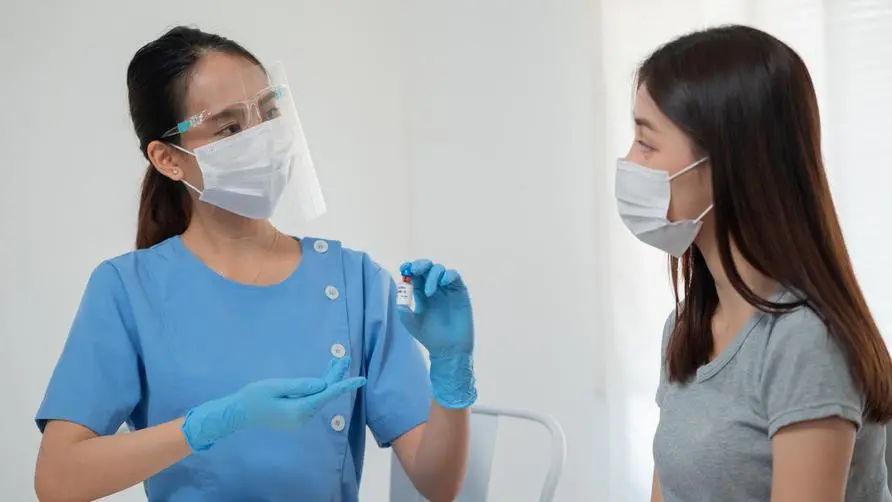
“Smear examination” and “vaccination” are both important ways to prevent cervical cancer. The Taiwan Health Promotion Administration recently announced that starting from September, the publicly funded HPV vaccine for junior high school girls will switch from the original price of 2 to 9 prices. However, what are the differences in protection against cervical cancer between HPV vaccines of different valences? Can it meet the needs of Taiwanese women? In the post-epidemic era, can HPV vaccine and COVID-19 vaccine be vaccinated together?
The HPV vaccine is effective against 9 viruses! Taiwan Health Promotion Administration revealed results: the number of sick people dropped by more than 90%
Dr. Lai Jiming, CEO of the Taiwan Cancer Foundation, said that since cervical smear examination was included in the health insurance benefits in 1995, the number of affected people has been reduced to “only 7 per 100,000 people” suffering from cervical cancer in recent years; in addition, since 2018, Since 2009, the Taiwan Health Promotion Administration has promoted the public-funded HPV vaccination of female students in the first grade of Taiwan. The prevalence of cervical cancer in this group has dropped significantly by 88%.
Dr. Lai Jiming emphasized that the HPV vaccine and Pap smear examination are important means of primary prevention and secondary prevention of cervical cancer respectively. The effectiveness of the 9-valent vaccine covers 9 types of HPV viruses (types 6, 11, 16, Type 18, type 31, type 33, type 45, type 52, type 58), can even prevent cancers such as vulvar cancer, vaginal cancer, penile cancer, and anal cancer, as well as sexually transmitted diseases such as genital warts (cauliflower).
Dr. Lai Jiming pointed out that cervical cancer can be effectively prevented by increasing the coverage of HPV vaccination, increasing the screening rate of Pap smears and other examinations, early detection and accurate treatment. In response, WHO released a “Global Strategy to Accelerate the Elimination of Cervical Cancer” with the goal of accelerating the elimination of cervical cancer by 2030. The Taiwan Cancer Foundation has also continued to invest in helping promote relevant policies in the past few years.
Preventing HPV can prevent 99% of cervical cancer! Doctors recommend “two-pronged approach” of Pap smear and HPV vaccine
However, the HPV vaccine and Pap smear examination, two effective tools for preventing cervical cancer, have been unexpectedly affected by the COVID-19 epidemic. Dr. Zhang Zhilong, chairman of the Taiwan Gynecological Cancer Medical Association, said that although Taiwan has not implemented long-term home isolation measures, relevant data shows that during the epidemic in Taiwan, not only did the number of Pap smear screenings drop by 130,000 a year, some counties also The number of people undergoing smear screening in the city has even dropped by nearly 20% (18.4%); the vaccination rate of publicly funded HPV vaccination among junior high school girls has also dropped.
Dr. Zhang Zhilong emphasized that foreign studies have estimated that based on the decline in HPV vaccination rates during the COVID-19 epidemic in the United States, there will be at least more than 130,000 cauliflower (genital warts), 70,000 cervical precancerous lesions, and more than 2,880 cervical cancer patients in the next 100 years. , may be caused by missed or late vaccinations caused by the epidemic.
“Cervical cancer is the only cancer for which “preventing viruses and preventing cancer at the same time” is applicable. As long as you prevent the HPV virus, 99% of cervical cancers can be prevented!” Dr. Zhang Zhilong explained that even if the epidemic is severely affected, the work of preventing cervical cancer There is still no need to delay. To prevent cervical infection, the first step is to get the HPV vaccine. If the cervix is unfortunately infected with HPV, a “viral test” is required to check whether there is a risk of progression to precancerous lesions. Finally, detecting suspicious cells through cervical smear examination can help early detection and early treatment.
Dr. Zhang Zhilong emphasized that most HPV infections will clear up on their own, and long-term HPV infection that cannot clear up on its own is the main cause of cervical cancer. The previous publicly funded bivalent vaccine covered common cancer-causing types HPV16 and 18; however, in view of the fact that HPV52 and 58 are also common cancer-causing types in Taiwan and Southeast Asia, it would be better if the vaccine could help provide protection.
The vaccination rate has dropped by nearly 20% due to the epidemic. Doctors call for: after getting the new crown vaccine, you should also get the HPV vaccine!
Can the HPV vaccine be given together with COVID-19, influenza and other vaccines? Dr. Huang Yucheng, chairman of the Taiwan Vaccine Promotion Association, said that the HPV vaccine is an inactive vaccine and can be administered at different sites at the same time as other inactive vaccines such as COVID-19 vaccine and influenza vaccine.
As for previous cases where you missed the HPV vaccine due to factors such as not being at school due to the epidemic, if you have already received the first dose before the age of 15, as long as the interval exceeds 5 months, you can take it according to the doctor’s advice within the recommended vaccination schedule. Second dose. If you do not have time to get the first dose before reaching the age of 15, you must take the next three doses as directed by your doctor. Similarly, the vaccination should be completed according to the recommended vaccination time. In addition, if you miss the scheduled time for the second dose, you can make it up at any time, there is no need to add another dose, and there is no upper limit on the interval.
Many people mistakenly believe that HPV is the same as the new coronavirus, and even if you are accidentally infected naturally, you can obtain sufficient protective antibodies. In this regard, Chairman Huang Yucheng pointed out that only about 54-69% of women will produce antibodies 18 months after infection; even if they do produce antibodies, the antibody concentration is very low, which is far different from the antibodies produced by vaccination. “The antibodies produced by the HPV vaccine after 14 years will be several times that of natural infection!”
Dr. Huang Yucheng pointed out that more than 100 million doses of HPV vaccine have been administered worldwide since it was launched in 2006. The effectiveness of HPV vaccine is highest when vaccinated before sexual intercourse. “WHO’s recommendation is that HPV vaccination is most effective for women aged 9-14 years. On the contrary, if women do not take any preventive measures, the risk of HPV infection will increase with age, until they are 45-64 years old. The risk will rise to 42%.”
Although some people are worried that serious adverse reactions may occur after vaccination, or autoimmune problems such as idiopathic arthritis, however, after evaluating the safety data of HPV vaccines in 2016, the World Health Organization concluded that there is no scientific evidence to prove serious adverse events. Related to HPV vaccination.
Finally, Dr. Lai Jiming appealed to the public. As the World Health Organization recently announced that the end of the COVID-19 pandemic is in sight, if the children at home have reached the age for HPV vaccination, they should act as soon as possible and take proactive preventive measures. The 9-valent HPV vaccine not only helps prevent 9 types of HPV viruses, but also prevents the risk of multiple cancers at the same time. Therefore, “vaccination helps add an extra layer of protection, and coupled with a Pap smear test, it always adds peace of mind.”
Further reading:
